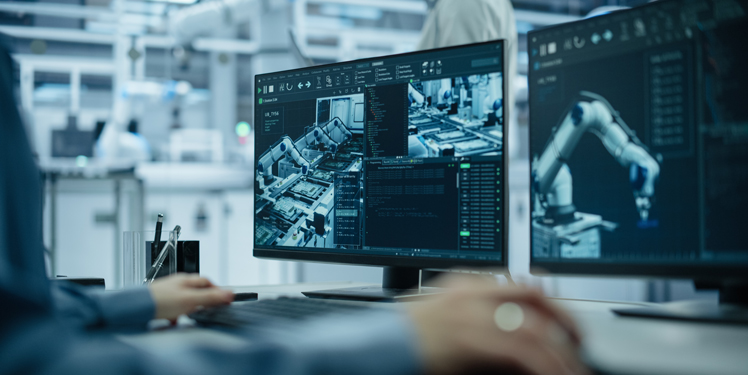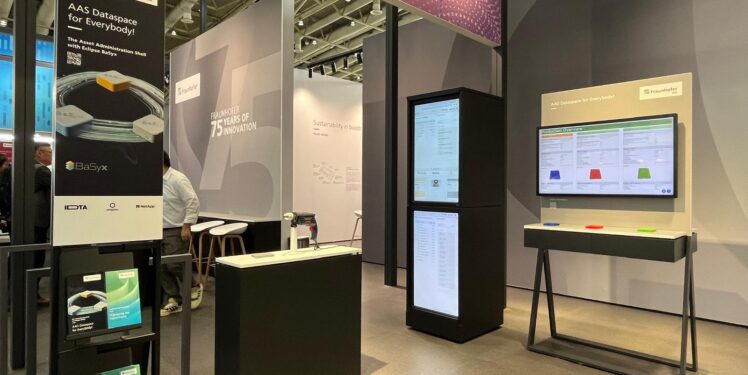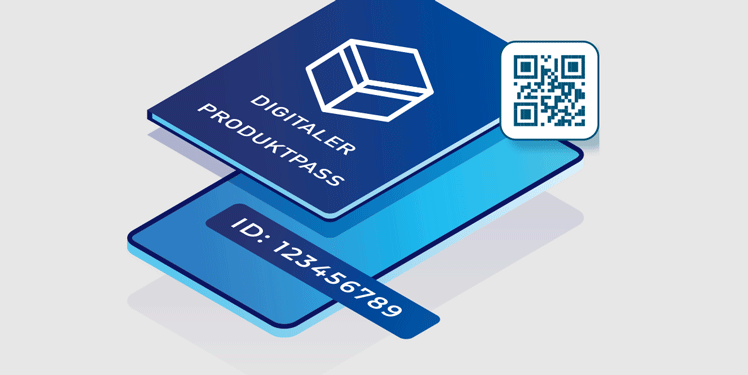Autonomous Interoperability: Breaking the Economic Bottleneck of Data Exchange
Achieving interoperability is much more than a technical puzzle. It is a significant economic challenge. Today, connecting software systems still relies on human-intensive engineering, costing organizations immense time and money. But what if we could remove the human from the…










